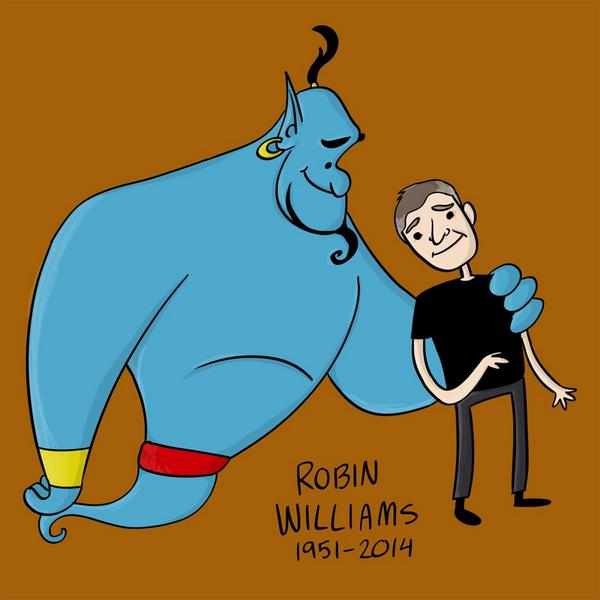Welcome back to Legal Geek. This week, we take a look at the ongoing protests in Ferguson, Missouri and whether constitutional rights are being infringed by acts of the local police and government in that area.
https://archive.org/details/LegalGeekEp22
Following the fatal shooting of black teenager Michael Brown by a police officer on August 9 in this suburb of St. Louis, a series of memorials and protests began the next day. The largely white police department was believed to have acted too harshly in trying to apprehend Brown, and the conflicts have escalated multiple times over the past two weeks.
The highly militaristic gear and responses to protests used by the local police departments in Ferguson have been largely shunned in the media and across the nation. This period of race riots has become the most notable in the U.S. since the 2001 race riots in Cincinnati and the 1992 race riots in Los Angeles following the Rodney King incident. With social media now a factor, the world is watching closely and some organizations like the Islamic Republic News Agency and the Russian Foreign Ministry have called the U.S. and Nobel Peace Prize winner Barack Obama hypocrites for ordering other nations to provide human rights while not taking care of the same problems within their own borders.
However, have these police departments infringed on constitutional rights of the people in Ferguson by the actions taken to date?
The first amendment to the U.S. Constitution protects the right of the public to peaceably assemble together and also protects the freedom of the press to cover events. Missouri governor Jay Nixon has imposed nightly curfews in Ferguson to try and curtail the violence and riots, which is a strategy that worked to end the week-long 2001 Cincinnati riots. But this curfew has led local police to arrest numerous journalists trying to cover the story as well as organizers of peaceful protests.
The 14th Amendment to the Constitution and Supreme Court decisions in the 1930's (Near vs. Minnesota and DeJonge vs. Oregon) have incorporated these two constitutional rights so as to apply to state and local governmental agencies, such as those acting in Ferguson. By imposing a curfew across the board and enforcing it without acknowledging the exceptions used for workers in the Cincinnati curfew of 2001, the Ferguson police are almost certainly infringing the freedom of the press right under the 1st Amendment.
Even Barack Obama has publicly come out against some of the actions that have occurred against the press. The curfew likely also is infringing the right to peacefully assemble, but that is more of a gray area with the protesters frequently turning to violence which can and must be curtailed by the police for public safety reasons.
Bottom Line: If the actions of governor Nixon and the local authorities is ever challenged in court, it is hard to see how their actions will be deemed anything but unconstitutional. Until police forces are more representative of the communities in which they operate and operate with the utmost caution at all times, these sad incidents and the subsequent protests will continue to happen over time. Hopefully future incidents can be handled better and in compliance with the U.S. Constitution, which is the most important mandate of our government.
Thanks for reading. Please provide feedback and legal-themed questions as segment suggestions to me on Twitter @BuckeyeFitzy or in the comments below.
